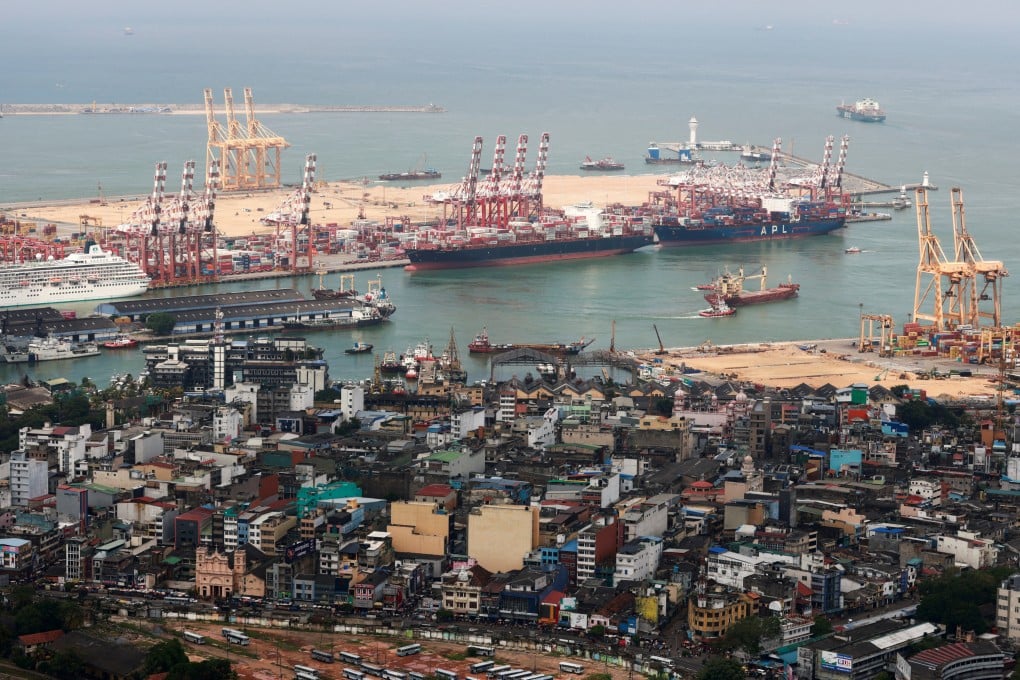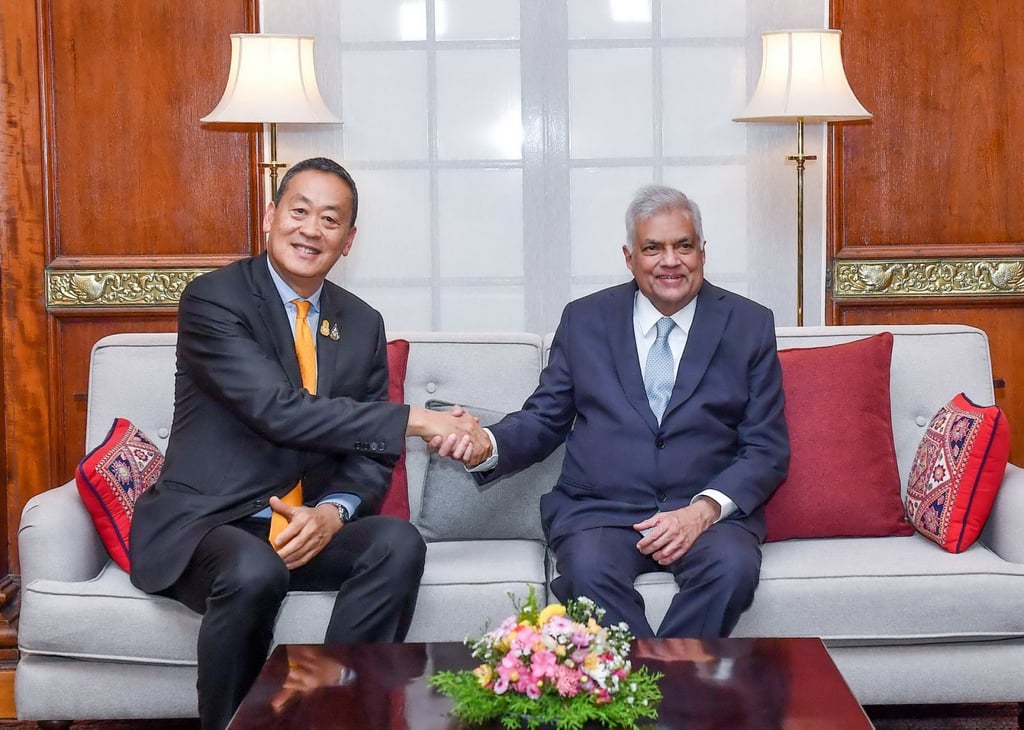Sri Lanka’s deal with Thailand could open doors to ‘greater trade’, in boost for debt-stricken economy
- The free trade pact offers tariff concessions over a 15-year period, and could be a catalyst for Sri Lanka’s objective of joining the RCEP
- It could also be a signal to Asean that South Asian countries like Sri Lanka are ready for more connectivity and economic engagement, experts say

Signed in Colombo by Sri Lanka President Ranil Wickremesinghe and Thailand Prime Minister Srettha Thavisin in early February, the FTA offers both immediate and phased-out tariff concessions over a 15-year period.
Under the deal, Thailand offers concessions for a range of Sri Lankan exports including apparel, tea, cinnamon and coconut products, with immediate concessions for desiccated coconut, green tea and black tea. By the end of the 15-year period, both countries would have 85 per cent of products under a tariff-free scheme.

In 2022, the total export value from Sri Lanka to Thailand was US$57.76 million, while Colombo imported goods worth US$302.64 million from the kingdom.
Rohan Masakorala, an export and logistics expert from Sri Lanka, said it was important for the country’s existing businesses to be part of the global supply chain.
“These [bilateral agreements] are like building blocks of greater trade. [They] help to look at expanding your horizons in a multilateral framework and provide a more open and conducive environment for such trade to happen,” he said.
While the FTA may not lead to an immediate hike in trade volumes, it provides a window for increased trade over time by removing tariffs on competitively exported products from both countries, according Asanka Wijesinghe, a research fellow from the Institute of Policy Studies of Sri Lanka.
